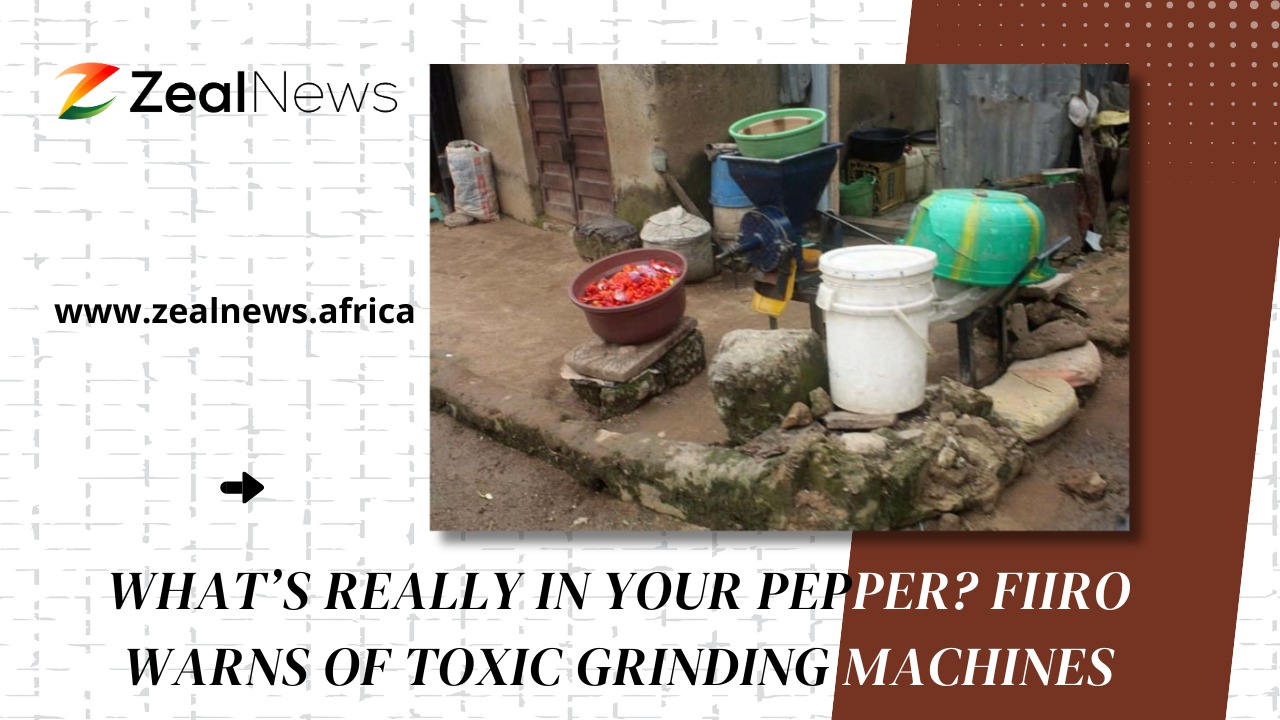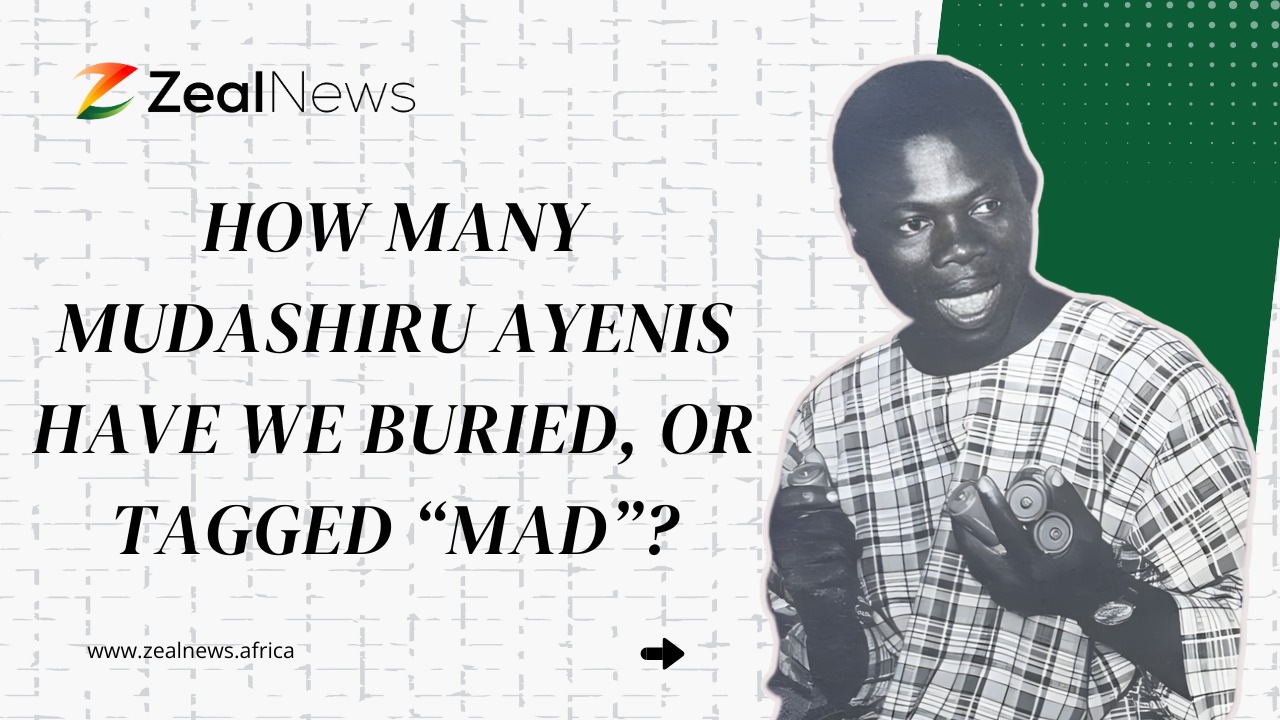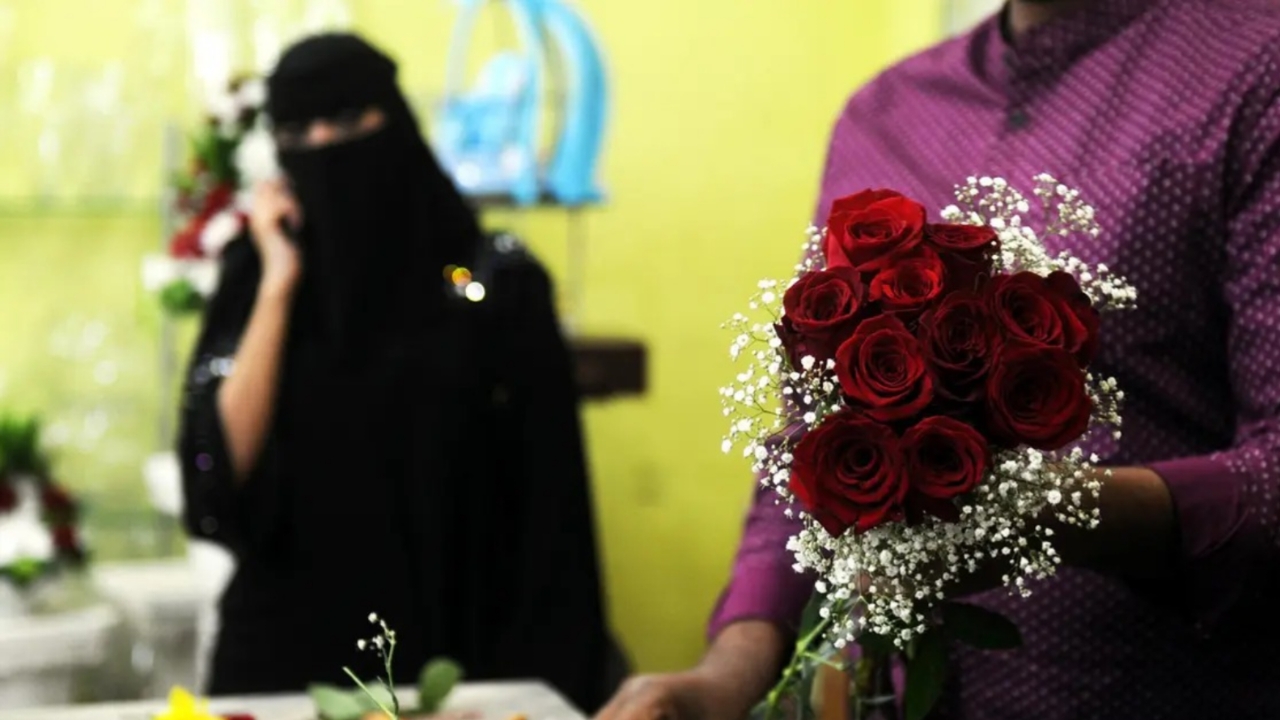Do African Lives Matter… to Africans? A Look at Internalized Injustice
.jpeg)
Written By: Emmanuel Okoye
The global declaration that Black Lives Matter resonated deeply across continents, yet within Africa, a more uncomfortable question often simmers beneath the surface: Do African lives matter… to Africans themselves?
This critical inquiry delves beyond external factors like colonialism or neo-colonialism to explore a pervasive form of internalized injustice. It examines whether societal norms, cultural practices, and systemic failures contribute to a deep-seated indifference to the suffering and dignity of fellow Africans.
To truly grapple with this, we must critically examine the difficult truth of how historical traumas and power dynamics may have fostered a culture where human rights violations, corruption, and violence are sometimes met with apathy or even acceptance within African communities.
This article seeks to provoke introspection and dialogue, aiming to understand the roots of this phenomenon and ultimately identify pathways towards actively dismantling these internalized systems of indifference.
The Manifestations of Internalized Injustice
The manifestations of internalized injustice are diverse, spanning from governance structures to intricate interpersonal relations across various African societies today.
In the realm of governance, this often appears as a chronic lack of accountability from leaders towards their citizens. Corruption, for instance, is not merely a financial crime but a systemic failure that directly devalues human life.
Funds meant for essential services like healthcare, education, or infrastructure are diverted, leading to preventable deaths and stunted development.
This apathy from those in power towards the well-being of the populace signals a profound devaluation of African lives. Citizens, in turn, may respond with a resignation that borders on acceptance, perpetuating a cycle where injustice becomes normalized.
In interpersonal relations, the internalized injustice can manifest in tribalism, xenophobia, and ethnic conflicts.
These divisions, often exploited by political elites, lead to widespread violence and displacement, where fellow Africans inflict suffering upon each other. Such conflicts undermine the collective dignity and progress of the continent.
The silence or inaction of communities facing these atrocities further reflects a troubling indifference to shared human experience.
Social Insight
Navigate the Rhythms of African Communities
Bold Conversations. Real Impact. True Narratives.
Photo Credit: UNITED NATIONS
This extends to the daily grind of ordinary life, where informal corruption (e.g., small bribes for basic services) and a disregard for public order become common.
The normalization of these behaviors suggests a collective desensitization to their detrimental impact on society.
When citizens themselves participate in or condone such practices, it reinforces the notion that individual dignity and collective well-being are secondary concerns.
Furthermore, the lack of robust justice systems means that perpetrators of crimes, including human rights violations, often go unpunished.
This fosters a pervasive sense of impunity, signaling that African lives do not matter enough for their violation to warrant serious consequence.
This absence of justice corrodes social trust and deepens the well of internalized injustice. The failure to demand accountability from within perpetuates a cycle of impunity and disrespect for the rule of law.
Historical Roots: Colonial Legacies and Post-Independence Conflicts
Photo Credit: Arab Center Washington DC
The roots of internalized injustice within Africa are deeply intertwined with complex historical factors, particularly colonial legacies and the tumultuous era of post-independence conflicts.
European colonial powers fundamentally restructured African societies, often dismantling pre-existing societal norms and traditional governance structures based on communal welfare.
They introduced new, extractive systems designed to serve colonial interests, not local dignity or development.
This period saw the deliberate devaluation of African lives through forced labor, racial segregation, and brutal suppression of dissent. The colonizers instilled divisions, leveraging ethnic differences for administrative control through "divide and rule" tactics.
This created artificial hierarchies and sowed seeds of distrust among communities that persist today.
The experience of being treated as less than human by an external power could subtly contribute to a generalized acceptance of injustice within the internal social fabric.
Photo Credit: BBC
Social Insight
Navigate the Rhythms of African Communities
Bold Conversations. Real Impact. True Narratives.
Upon gaining independence, many African nations inherited fragile states with arbitrarily drawn borders, weak institutions, and a leadership class often schooled in the very authoritarian methods of their former colonizers.
The ensuing post-independence conflicts — civil wars, coups, and ethnic clashes — further exacerbated the problem. These conflicts, driven by struggles over power, resources, and often fueled by lingering ethnic grievances, led to immense loss of life and profound social trauma. They normalized violence as a means of achieving political ends.
During these periods of intense violence and instability, the sanctity of African lives was repeatedly undermined. Citizens witnessed widespread human rights violations committed by their own governments or rival factions, creating a culture of fear and apathy.
Survival often meant conforming or remaining silent, reinforcing a learned indifference to the suffering of others. This collective trauma can leave deep scars, impacting future generations' perceptions of justice and human worth.
Moreover, the economic systems inherited from colonialism often remained skewed, perpetuating resource extraction and limiting opportunities for broad-based prosperity.
This contributed to fierce competition for resources, further intensifying internal conflicts and fostering a sense of desperation that can override ethical considerations. The enduring economic disparities and a history of external exploitation may lead to a fatalistic acceptance of hardship and injustice from within.
Re-centering Value and Dismantling Indifference
Photo Credit: Google
Addressing and dismantling these internalized systems of indifference requires deliberate individual and collective action from African communities and leaders. The first crucial step is to re-center the value of every African life through widespread public education and discourse. This involves open and honest conversations about historical traumas and their impact, fostering a collective commitment to protecting human dignity and demanding accountability.
Leaders must champion true governance that prioritizes the welfare of all citizens over personal gain. This means strengthening democratic institutions upholding the rule of law, and implementing robust anti-corruption measures. Promoting transparency and accountability in public office can gradually rebuild trust between the state and its people. This shift towards responsible leadership is fundamental.
At the community level, there must be a renewed emphasis on traditional societal norms that promoted communal solidarity, mutual respect, and conflict resolution mechanisms. Cultural practices that celebrate diversity and foster unity, rather than division, should be actively promoted.
Education plays a pivotal role in this transformation, teaching younger generations about their shared history, the importance of human rights, and the dangers of apathy and internalized injustice. Curricula should integrate comprehensive civic education.
Strengthening justice systems is paramount to ensuring that human rights violations and corruption are met with swift and fair legal consequences.
This includes empowering judicial bodies, training law enforcement to respect citizen rights, and providing accessible legal aid. When justice is seen to be served, it reaffirms the value of human life and deters future transgressions. This builds faith in the possibility of equitable societies.
Social Insight
Navigate the Rhythms of African Communities
Bold Conversations. Real Impact. True Narratives.
Furthermore, fostering economic equity and opportunity can alleviate the desperation that sometimes fuels internal violence and corruption. Investing in sustainable development, job creation, and equitable resource distribution can empower individuals and communities.
This reduces vulnerability to manipulation and strengthens the overall social fabric. Pan-Africanism, not just as a political ideology but as a practical commitment to shared destiny and mutual support, can inspire collective action to uplift all African lives.
Finally, establishing and supporting truth and reconciliation processes where appropriate, similar to those in South Africa or Rwanda, can help communities confront past traumas and work towards healing.
These processes, when handled authentically, allow for acknowledgement of suffering and can pave the way for genuine forgiveness and reconciliation. Dismantling internalized injustice is a long journey, requiring consistent effort, moral courage, and an unwavering belief in the inherent worth of every individual.
Written By: Emmanuel Okoye
You may also like...
Bundesliga's New Nigerian Star Shines: Ogundu's Explosive Augsburg Debut!

Nigerian players experienced a weekend of mixed results in the German Bundesliga's 23rd match day. Uchenna Ogundu enjoye...
Capello Unleashes Juventus' Secret Weapon Against Osimhen in UCL Showdown!

Juventus faces an uphill battle against Galatasaray in the UEFA Champions League Round of 16 second leg, needing to over...
Berlinale Shocker: 'Yellow Letters' Takes Golden Bear, 'AnyMart' Director Debuts!

The Berlin Film Festival honored
Shocking Trend: Sudan's 'Lion Cubs' – Child Soldiers Going Viral on TikTok

A joint investigation reveals that child soldiers, dubbed 'lion cubs,' have become viral sensations on TikTok and other ...
Gregory Maqoma's 'Genesis': A Powerful Artistic Call for Healing in South Africa

Gregory Maqoma's new dance-opera, "Genesis: The Beginning and End of Time," has premiered in Cape Town, offering a capti...
Massive Rivian 2026.03 Update Boosts R1 Performance and Utility!

Rivian's latest software update, 2026.03, brings substantial enhancements to its R1S SUV and R1T pickup, broadening perf...
Bitcoin's Dire 29% Drop: VanEck Signals Seller Exhaustion Amid Market Carnage!

Bitcoin has suffered a sharp 29% price drop, but a VanEck report suggests seller exhaustion and a potential market botto...
Crypto Titans Shake-Up: Ripple & Deutsche Bank Partner, XRP Dips, CZ's UAE Bitcoin Mining Role Revealed!

Deutsche Bank is set to adopt Ripple's technology for faster, cheaper cross-border payments, marking a significant insti...






